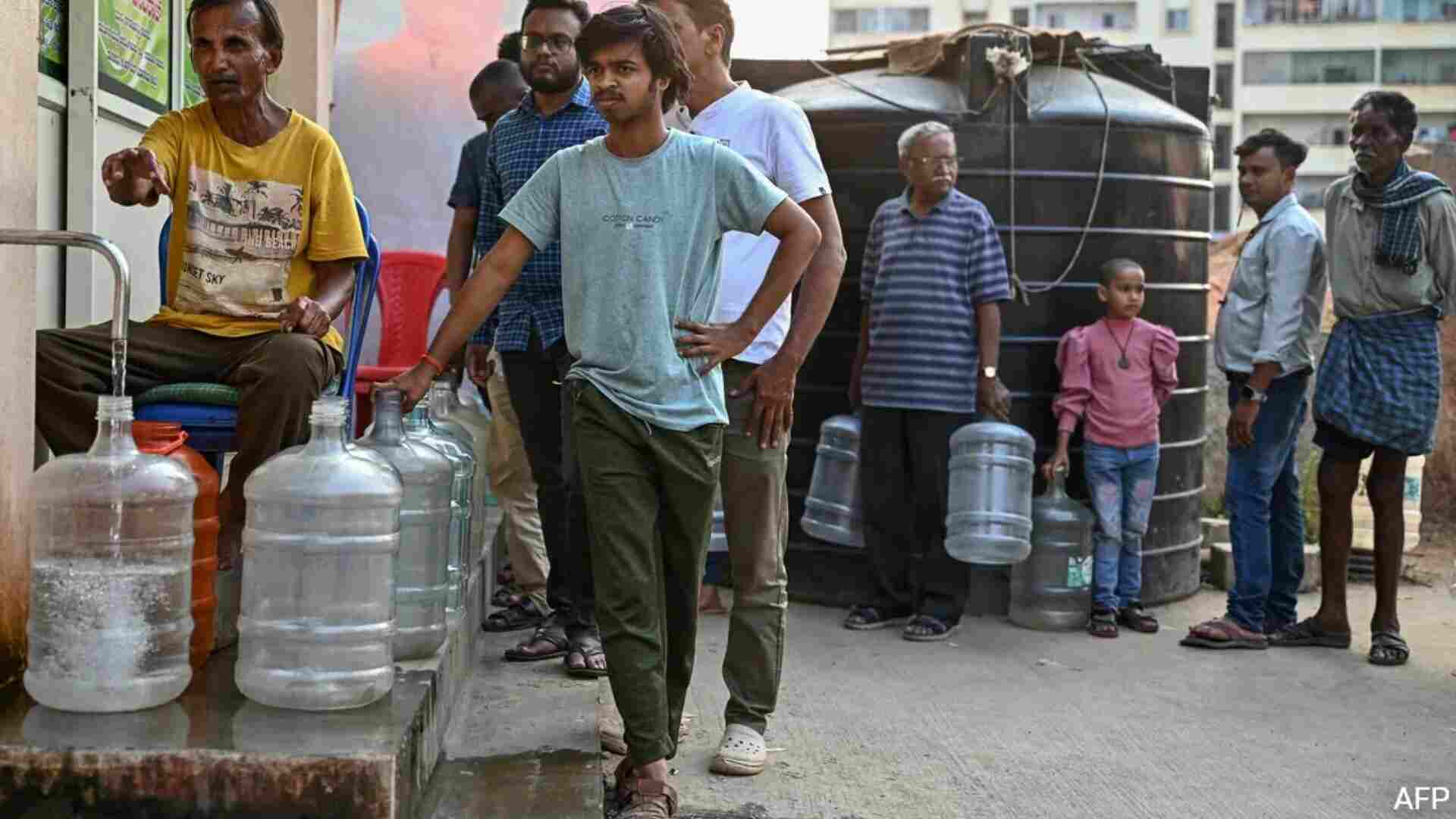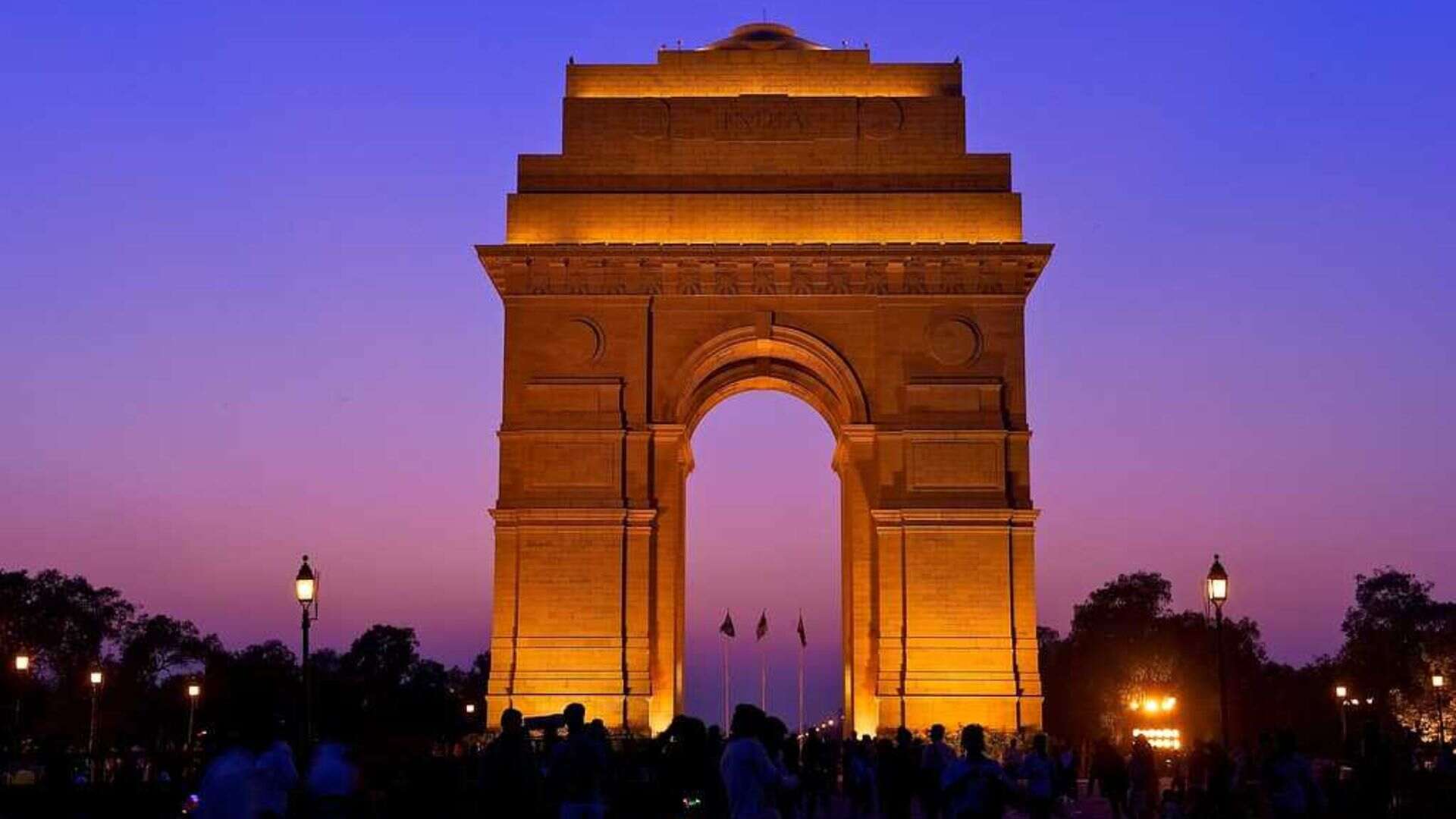Once known as the City of Lakes, Bengaluru is now struggling with a drastic water crisis, as evidenced by the news of people taking baths in malls. The Silicon Valley of India is dealing with twin challenges: summer heat and a water crisis.
However, the challenge of water scarcity in the city dates back centuries.
The Geographical factors
According to Times Now Report, the geography of Bengaluru is such that the city has, since time immemorial, always struggled with the challenge of water.
But with the help of the city’s naturally elevated gradient and due to interconnection of stormwater, the early people managed to deal with this challenge. Making the water available for irrigation and domestic usage.
Answers In the History
Later before the 9th century CE, the tanks (Lakes) came into existence.
However, during British rule, the city came up with technological solutions, in order to adapt with the needs of the people. With the support of natural depressions and shallow aquifers, managed by the community. It was ensured that the city continued to remain water surplus.
After the independence
But after independence, the lakes came into government’s control. As the time got by, these lakes lost their cultural value and got converted into a hangout spot. With further expansion of the city, the lakes further lost their quality filled with sewage & pollutants leading to health problems.
Challenges and the future
Presently, Bangalore continues to deal with water scarcity. If it continues at the same rate, the city won’t be left with any water by 2025. But despite the gloom, solutions continued to be offered. Such as the continued efforts of reviving the lakes especially in the outlier of the city. Not all hope is lost.







